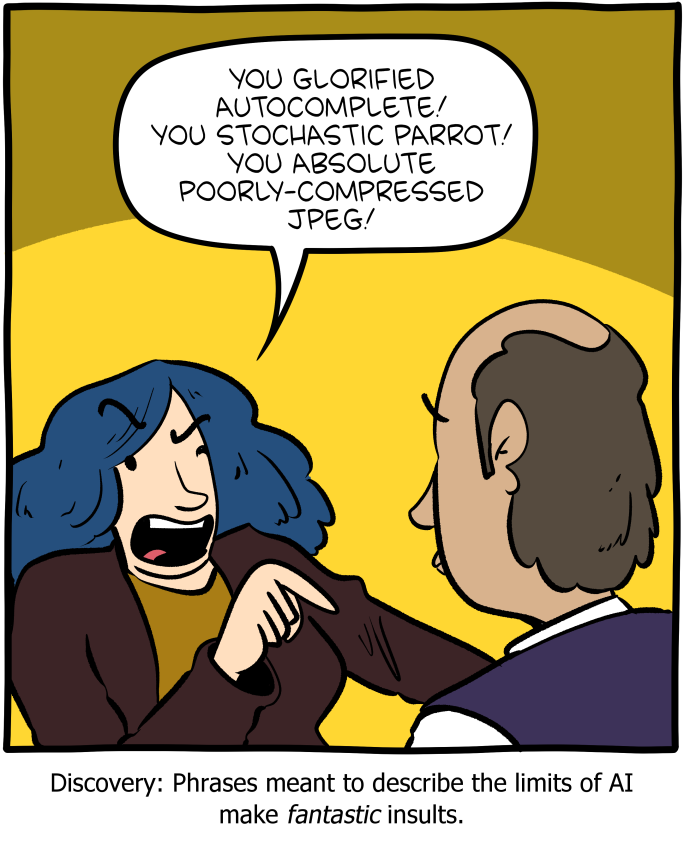"…oscillated in his words"?
Ken Bensinger, "Ramaswamy Seemed to Call Zelensky a Nazi. His Campaign Says That’s Not What He Meant." NYT 11/8/2023:
A spokeswoman for Mr. Ramaswamy, Tricia McLaughlin, said that he had not called Mr. Zelensky a Nazi. Instead, Ms. McLaughlin said, he was referring to an event in September in which Mr. Zelensky visited Canada’s Parliament and joined a standing ovation honoring a 98-year-old Ukrainian Canadian war veteran. The problem, it turned out, was that the veteran, Yaroslav Hunka, had served in a division that was under Nazi control during World War II. […]
But she acknowledged that, without context, the remark could be easily misunderstood. “He was talking quickly and kind of oscillated in his words,” she said.
Read the rest of this entry »

